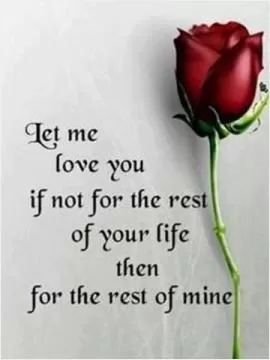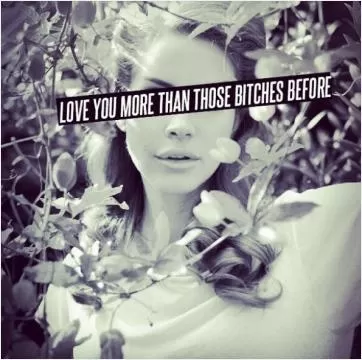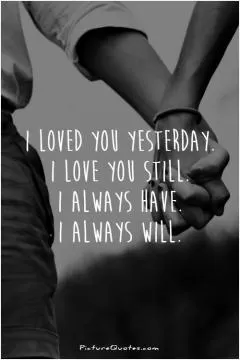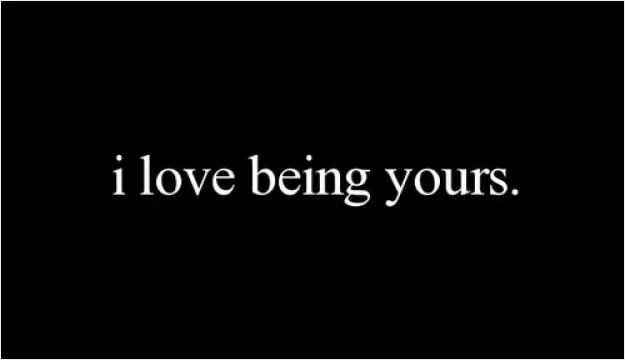I don't love you, but I always will

I don't love you, but I always will
Confused love is a complex and often painful experience that many people have encountered at some point in their lives. It is a state of emotional turmoil where one's feelings towards another person are mixed and contradictory. The phrase "I don't love you, but I always will" perfectly encapsulates the essence of confused love.When someone says "I don't love you," it can be a devastating blow to the recipient. It implies a lack of romantic feelings or a disconnect in the relationship. However, the addition of "but I always will" adds a layer of complexity to the situation. It suggests that despite the current lack of love, there is a lingering sense of attachment and affection that will endure over time.
This conflicting message can leave both parties feeling confused and uncertain about the future of their relationship. The person expressing these sentiments may be struggling with their own emotions, unsure of how to reconcile their conflicting feelings. They may still care deeply for the other person, even if they are not in love with them in the traditional sense.
On the other hand, the recipient of this message may be left wondering what to make of the situation. They may feel hurt by the admission that their partner does not love them, but also hopeful that there is still a chance for their feelings to evolve over time. This ambiguity can create a sense of emotional turmoil and uncertainty, making it difficult to know how to proceed in the relationship.
Confused love can be a painful and challenging experience for all parties involved. It requires open communication, self-reflection, and a willingness to navigate the complexities of human emotions. While the phrase "I don't love you, but I always will" may seem contradictory, it is a poignant reminder of the complexities of love and the human heart.












 Friendship Quotes
Friendship Quotes Love Quotes
Love Quotes Life Quotes
Life Quotes Funny Quotes
Funny Quotes Motivational Quotes
Motivational Quotes Inspirational Quotes
Inspirational Quotes